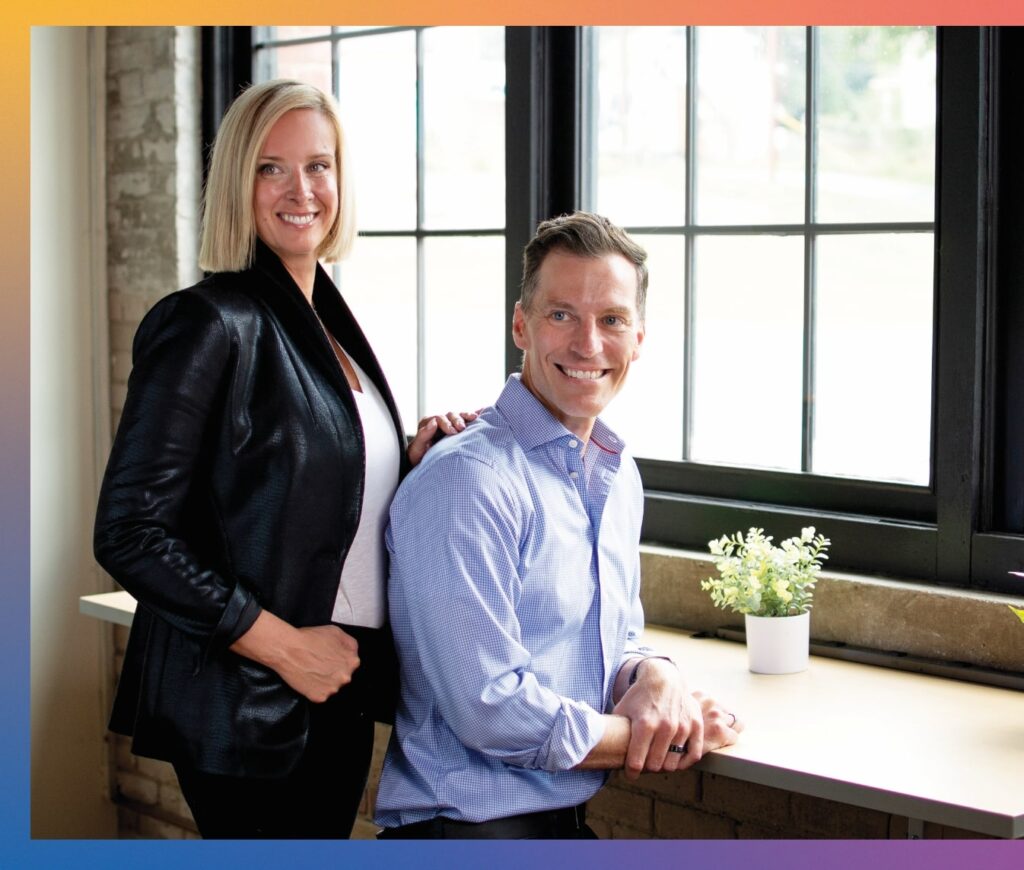Investing in People Left Out of Recovery
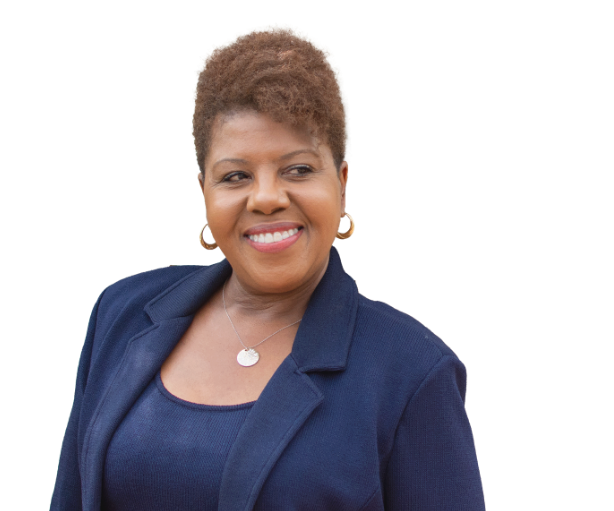
Communities who have carried the heaviest burdens during the pandemic, and long before, must have equitable access to recovery efforts. Grand Rapids Community Foundation is working with our partners to ensure a new, more equitable future for everyone who calls Kent County home.
Since spring 2020, the COVID-19 pandemic and a national racial reckoning have revealed and intensified centuries-long racial, social and economic disparities. Despite a “return to normal” for some, the devastation continues for many communities.
As federal recovery resources pour into Kent County, we must ensure that the people who have suffered the most from the pandemic have equitable access. This requires addressing systemic inequities that existed long before the virus. It is the only way we will move toward an inclusive and more equitable West Michigan.
Grand Rapids Community Foundation leverages our networks and influence to advocate for equitable and transparent distribution of state and local resources. We also collaborate and co-invest with other local funders to demand communities bearing the heaviest burden are prioritized in the recovery and influence decision making. With the support of nonprofit partners like Grand Rapids African American Health Institute and donor partners like Bradley and Jennifer Taylor, we also leverage philanthropic resources to help fill in the gaps.
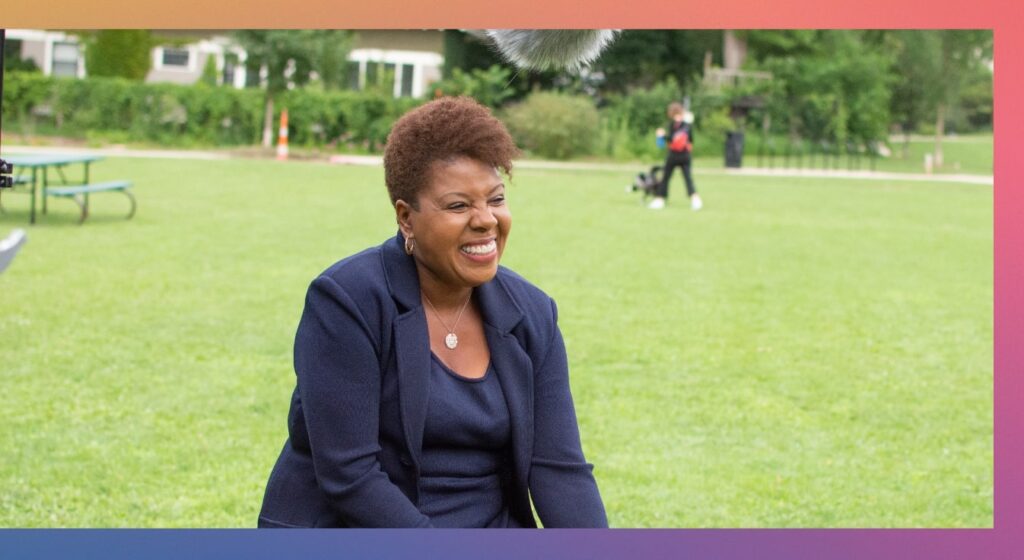

Vanessa Greene
Racism as a National
Health Crisis
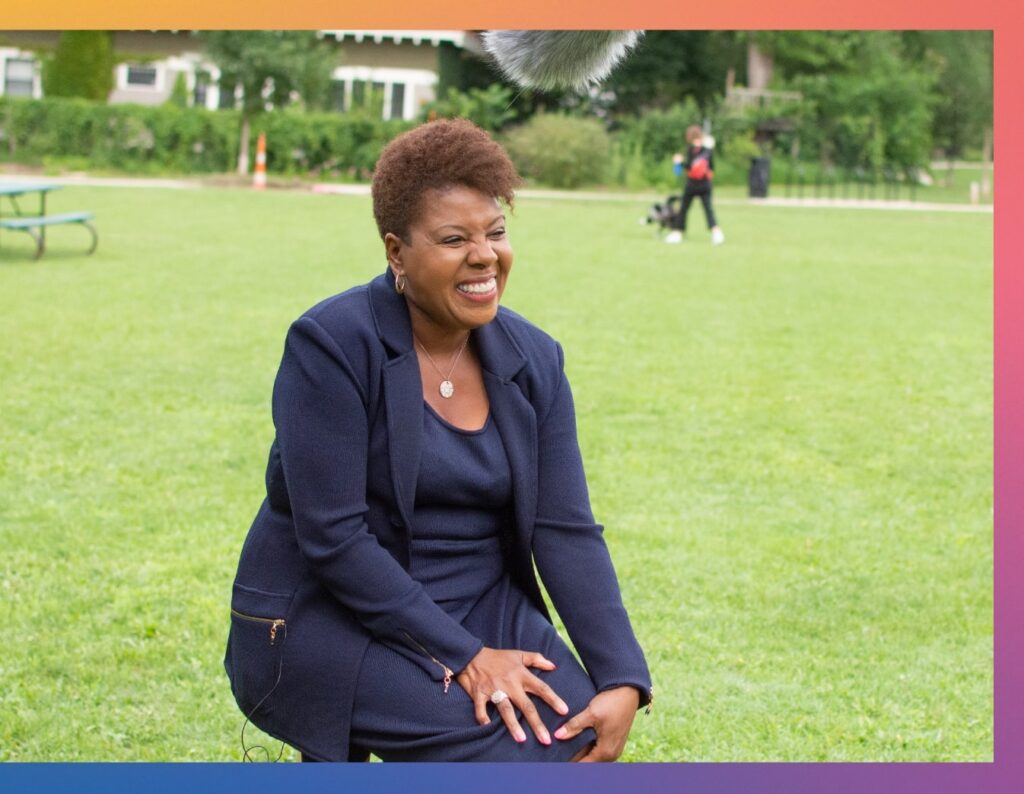
Vanessa Greene
“Communities who have carried the heaviest burdens during the pandemic, and long before, must have equitable access to recovery efforts. Grand Rapids Community Foundation is working with our partners to ensure a new, more equitable future for everyone who calls Kent County home.”
— Vanessa Greene
“Things were bad and I didn’t have an opportunity to ease my way into this role, as people were dying rapidly,” says Vanessa Greene, who became CEO of GRAAHI in November 2020. “At that time, the pandemic had claimed the lives of nearly 400,000 people in this country, and thousands more deaths were reported daily. While African Americans were not diagnosed with COVID-19 at a higher rate than other groups, we were dying at a much higher rate.” During this time, GRAAHI staff focused on educating themselves and the community on COVID-19 and vaccine safety and efficacy; advocating for equitable distribution of vaccines; and strengthening and building their infrastructure to maximize their outreach and impact. Vanessa says her personal and professional experiences have prepared her for this challenging work. Growing up in the rural South during the civil rights movement gave her a deep and personal understanding of systemic racial, social and economic oppression.
Vanessa says her personal and professional experiences have prepared her for this challenging work. Growing up in the rural South during the civil rights movement gave her a deep and personal understanding of systemic racial, social and economic oppression.
“I have experienced first-hand the cost of poverty and systemic oppression. At the age of 11, I along with my parents and siblings watched my seven-year-old brother die,” she recounts. “My parents experienced indescribable grief and guilt, because they did not have access to healthcare for my brother. A year later, my father died from a stress related illness.”
Vanessa says the murder of George Floyd was a time of reckoning for this nation and couldn’t be classified as an isolated incident. “As people were able to see how African Americans were disproportionately dying of COVID-19, they also repeatedly watched a video of a defenseless Black man being murdered by a police officer for over nine minutes while begging for his life… Most people saw it for what it was—the result of a racist and prejudiced system and culture that has persisted in different forms in this country since slavery.”
As a result of this heightened awareness, racism is now recognized as a national health crisis.
“Persistent racial inequities contribute to disparity in opportunities, physical health, psychological well-being, healthcare access and quality of life. Maternal and infant mortality, diabetes, heart disease mortality and stroke mortality can be directly linked to persistent racist experiences,” says Vanessa.
Research shows that an overwhelming majority of health disparities are based on social determinants of health such as poverty, unequal access to health care, lack of education, low-paying jobs, stigma and racism.
“Systemic injustice is a real issue, and we cannot begin to resolve the inequities in healthcare, if we do not tackle social determinants of health and the underlying racial disparities that exist in our communities. Billions of dollars have been allocated on research, education and programs to combat the COVID-19 pandemic. We need to invest the same level of intentionality and resources to combat the pandemic of racism that has persisted for over 400 years,” Vanessa says.
“Communities who have carried the heaviest burdens during the pandemic, and long before, must have equitable access to recovery efforts. Grand Rapids Community Foundation is working with our partners to ensure a new, more equitable future for everyone who calls Kent County home.”
— Venessa Greene
“Systemic injustice is a real issue, and we cannot begin to resolve the inequities in healthcare, if we do not tackle social determinants of health and the underlying racial disparities that exist in our communities.”
— VANESSA GREENE
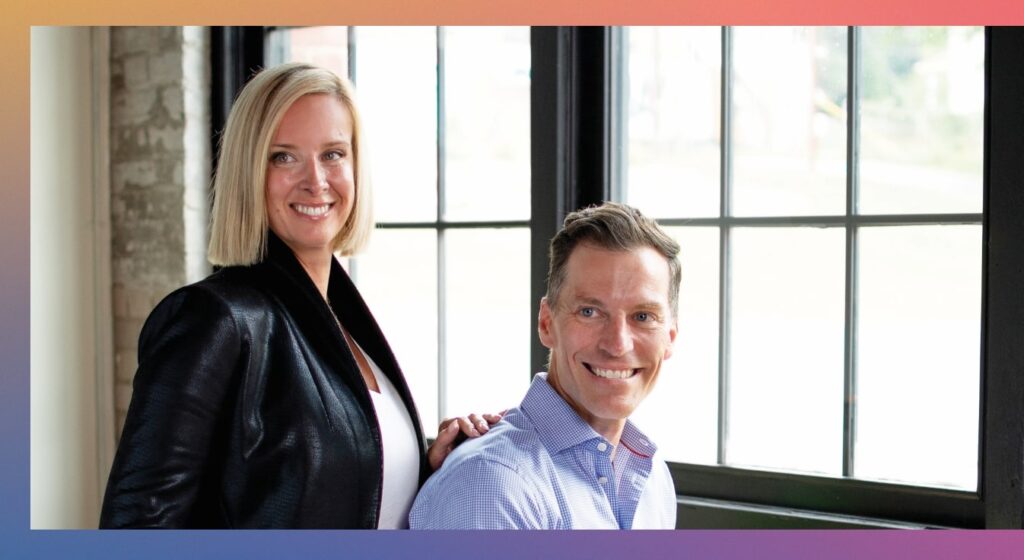
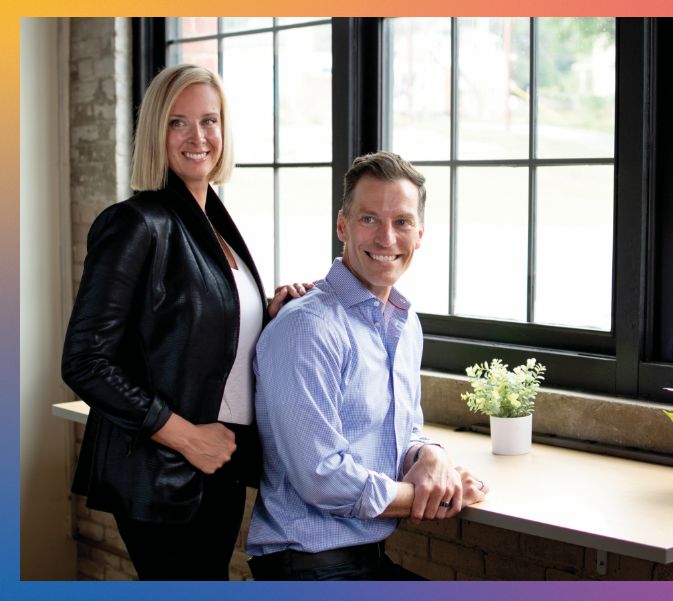
Bradley + Jennifer Taylor
Leveraging Resources
to Disrupt Systems
Three things characterize Bradley and Jennifer Taylor’s philanthropy. They invest in community as a family. They do their own work to more deeply understand racial, social and economic injustices. And they leverage their resources to bring about sustainable change to broken systems.
After spending some time on the east side of Michigan, the Taylors returned home to Grand Rapids ready to be change agents. Bradley is an entrepreneur and executive at a software company and Jennifer is leveraging her years of leadership while presently serving as president of the Mary Free Bed Guild. Their three teenage daughters—Gabbi, Alexa and Addison—help identify areas to invest their philanthropic dollars through their Donor Advised fund at the Community Foundation.
The Taylors say the murders of Breonna Taylor and George Floyd, and the events that followed, activated them with a new sense of urgency. “With the ages of our daughters and their interests and beliefs, we all became further awakened to want to learn more about our town and our country and what has historically driven racial inequality,” Jennifer says.
“Data increasingly shows that people of color have had higher infection rates and death rates with COVID,” Bradley says. “Is that due to past policy and how systemic racism has impacted trust and access to health care, so folks are more aware of underlying health conditions plus housing, differences in employment, ability to have a financial safety net? Not sure, but the data is appearing to trend this way, and, as we exit the pandemic and with the changes in the country we’re seeing around racial equity and justice, work must be done.”
“Grand Rapids is a special place, to us. It may not feel that way to all, and that’s what we’re out to try to change right now,” he adds.
Their learning led the Taylors to, as Jennifer explains, find organizations where they can “invest time and energy to become change agents.” They want to invest in local initiatives that build generational wealth for people of color by focusing on networking, relationship building, education, homeownership and creation and growth of retirement savings.
The Community Foundation has helped them connect with local organizations to deepen their learning and strengthen their impact. Their giving through their Donor Advised fund has been inspired by the Community Foundation’s unrestricted grantmaking.
“They’re really investing with an eye towards the future,” Bradley says. “There’s a lot going on that the Community Foundation has been involved in. It is clearly listening to people who are reaching out, asking for investment and then making grants to organizations that are truly making big strides and creating a lot of positive momentum.”
